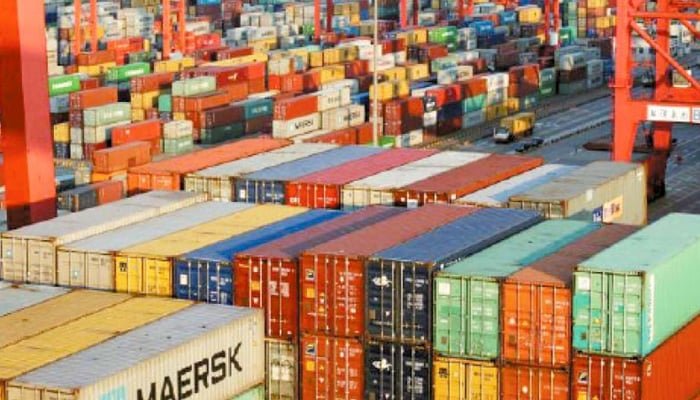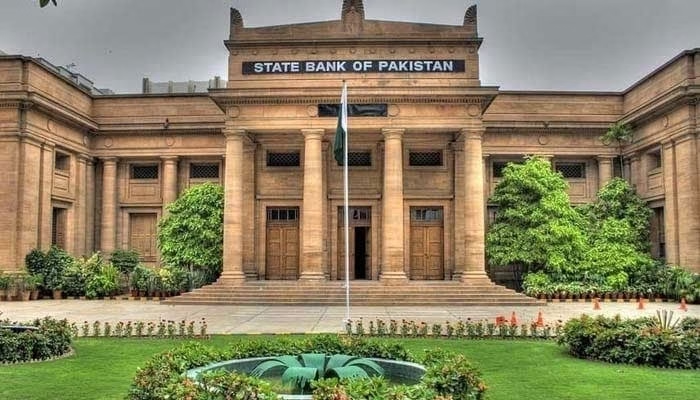Pakistan’s food industry has witnessed a significant boost with food exports increasing by $4 billion, indicating not only meeting domestic needs but also earning substantial foreign exchange. Products such as rice, meat, fruits, and other commodities contribute to this surge in exports.
Industry experts attribute this growth partly to the increase in electricity and gas prices, which have resulted in higher production costs. They suggest that reducing energy prices, particularly gas and electricity, could lead to even better outcomes for the industry.
Exporters emphasize the need for not only lowering energy costs but also finding new markets to further increase food product exports. Collaboration with the government is essential in this regard to explore new opportunities both domestically and internationally.
Furthermore, industry stakeholders and exporters stress that government cooperation with the food industry could not only create employment opportunities in the country but also help reduce the dollar shortage by increasing export revenues. They believe that this collaboration could also pave the way for relief from the International Monetary Fund (IMF).
Pakistan’s food industry has been a significant contributor to the country’s economy, providing livelihoods to millions of people involved in agriculture, processing, and export sectors. However, to sustain and enhance this growth trajectory, several challenges need to be addressed.
One of the primary challenges faced by the food industry is the high cost of production due to rising energy prices. Electricity and gas tariffs directly impact production costs, making it challenging for businesses to remain competitive in international markets.
Moreover, the lack of modern infrastructure and outdated production techniques hinder the industry’s ability to meet global standards and compete effectively in the international market. Investment in technology and infrastructure upgrades is essential to improve productivity and quality standards.
Another challenge is the limited access to international markets and trade barriers imposed by other countries. Pakistan needs to negotiate favorable trade agreements and expand its market access to capitalize on its agricultural potential fully.
Additionally, there is a need for regulatory reforms and policy support from the government to create a conducive business environment for the food industry. Streamlining bureaucratic procedures, providing incentives for investment, and ensuring compliance with international standards are crucial steps in this regard.
Pakistan’s food industry’s recent success in increasing exports presents both opportunities and challenges. While the surge in exports is encouraging, addressing issues such as high production costs, limited market access, and regulatory hurdles is essential for sustainable growth. Collaboration between the government and industry stakeholders is critical to overcoming these challenges and unlocking the full potential of Pakistan’s food industry.



